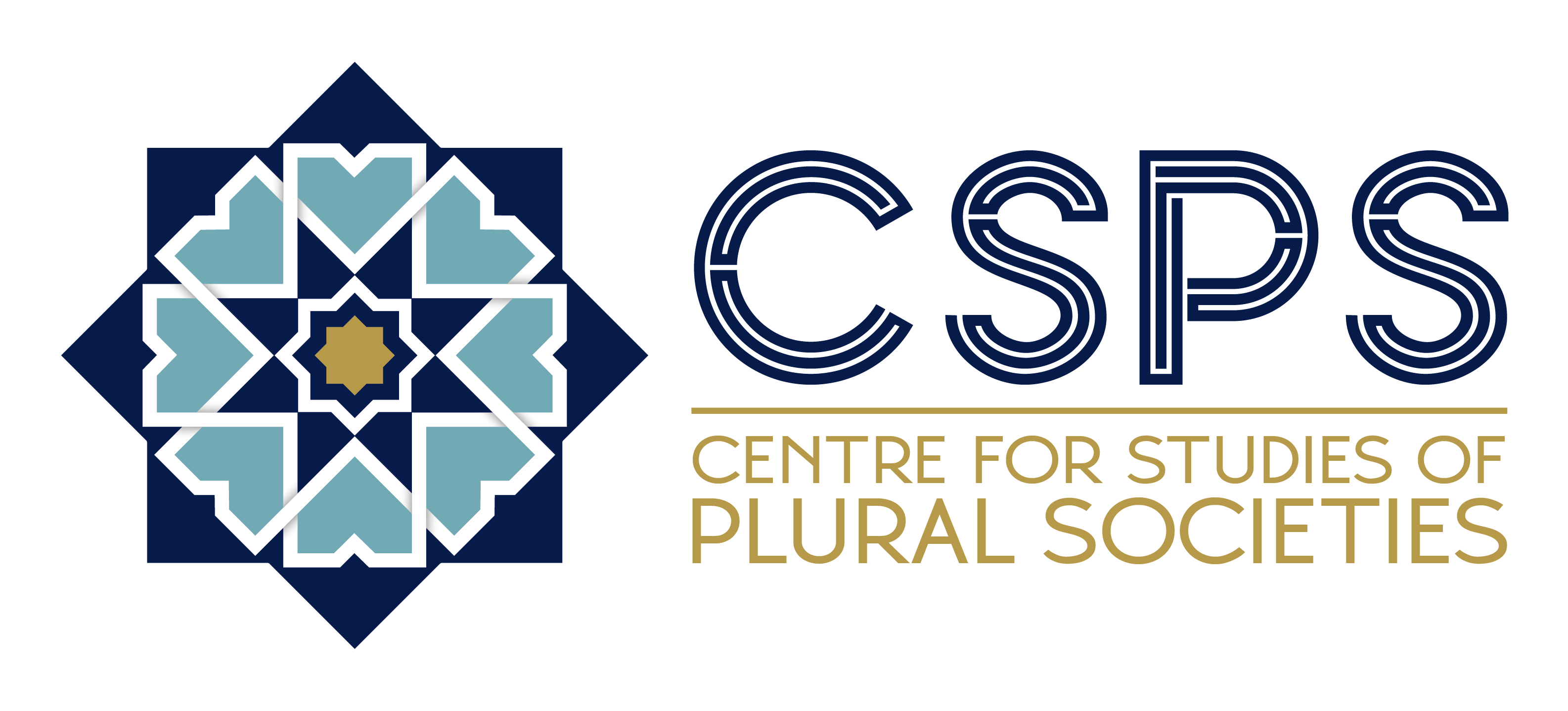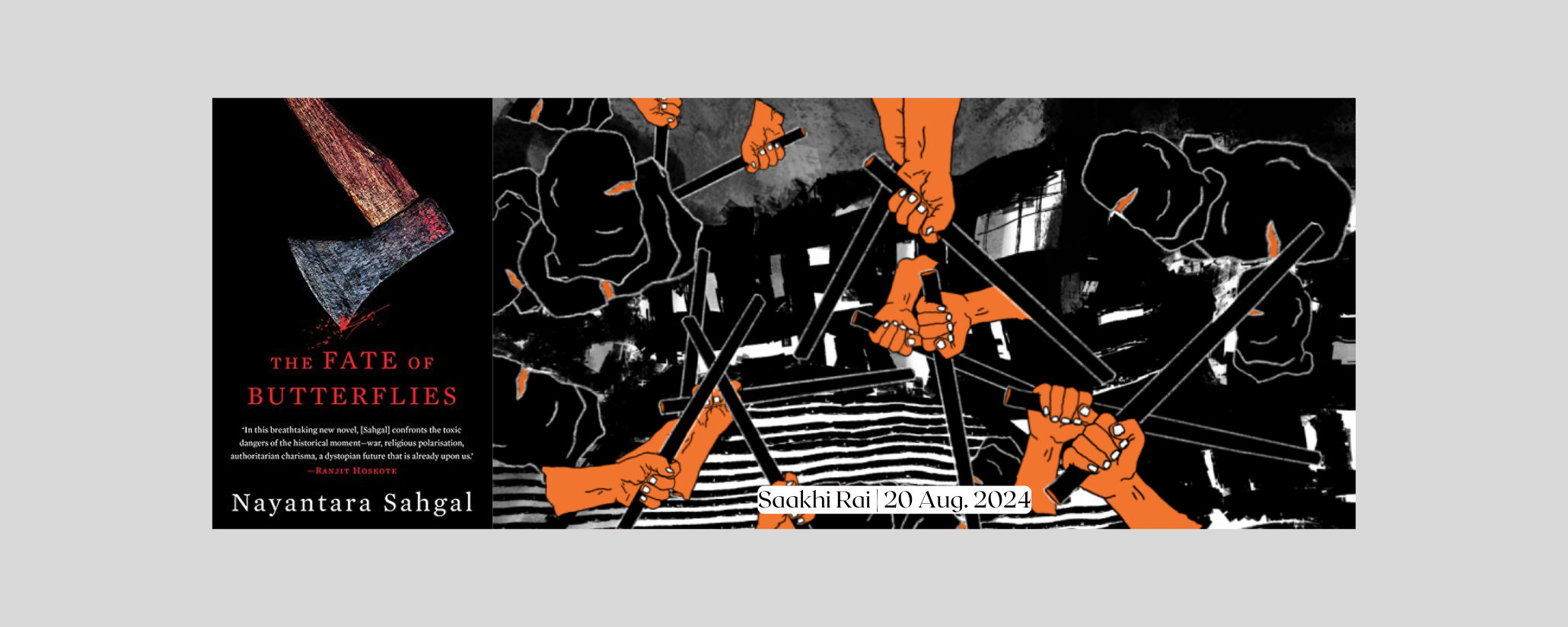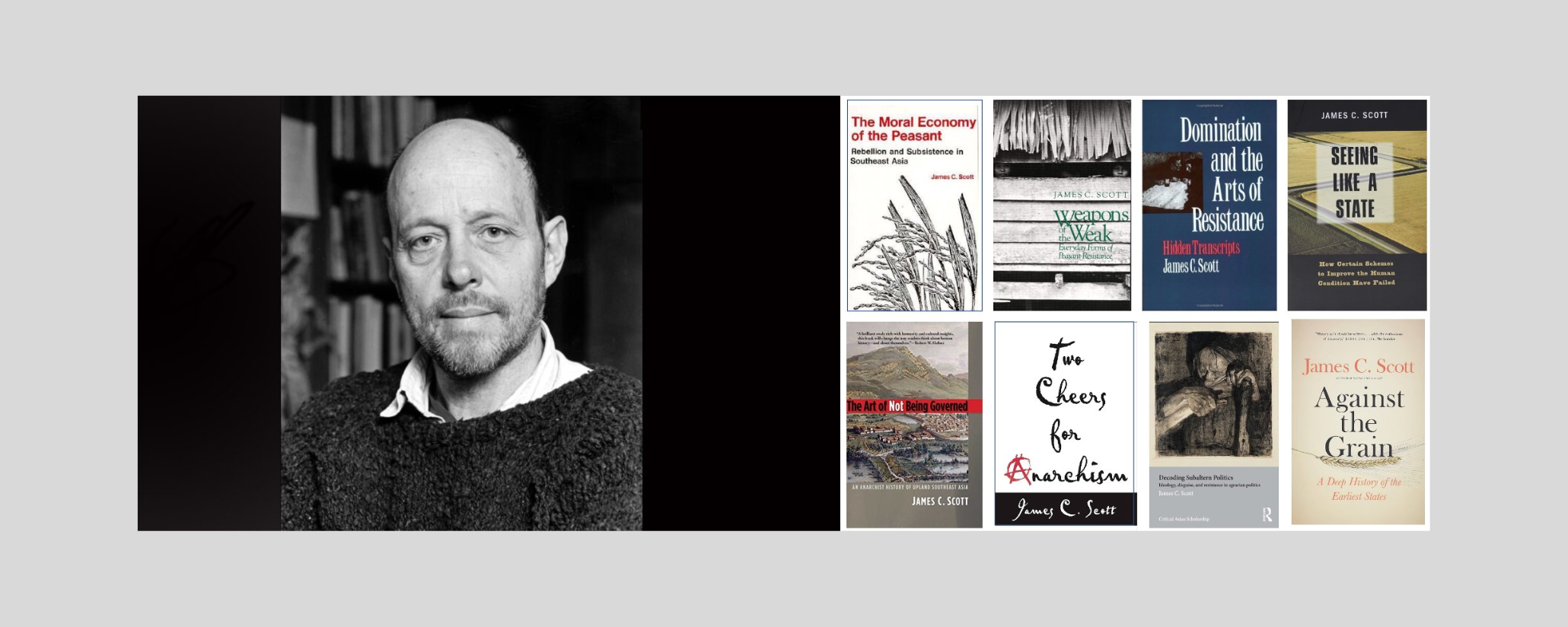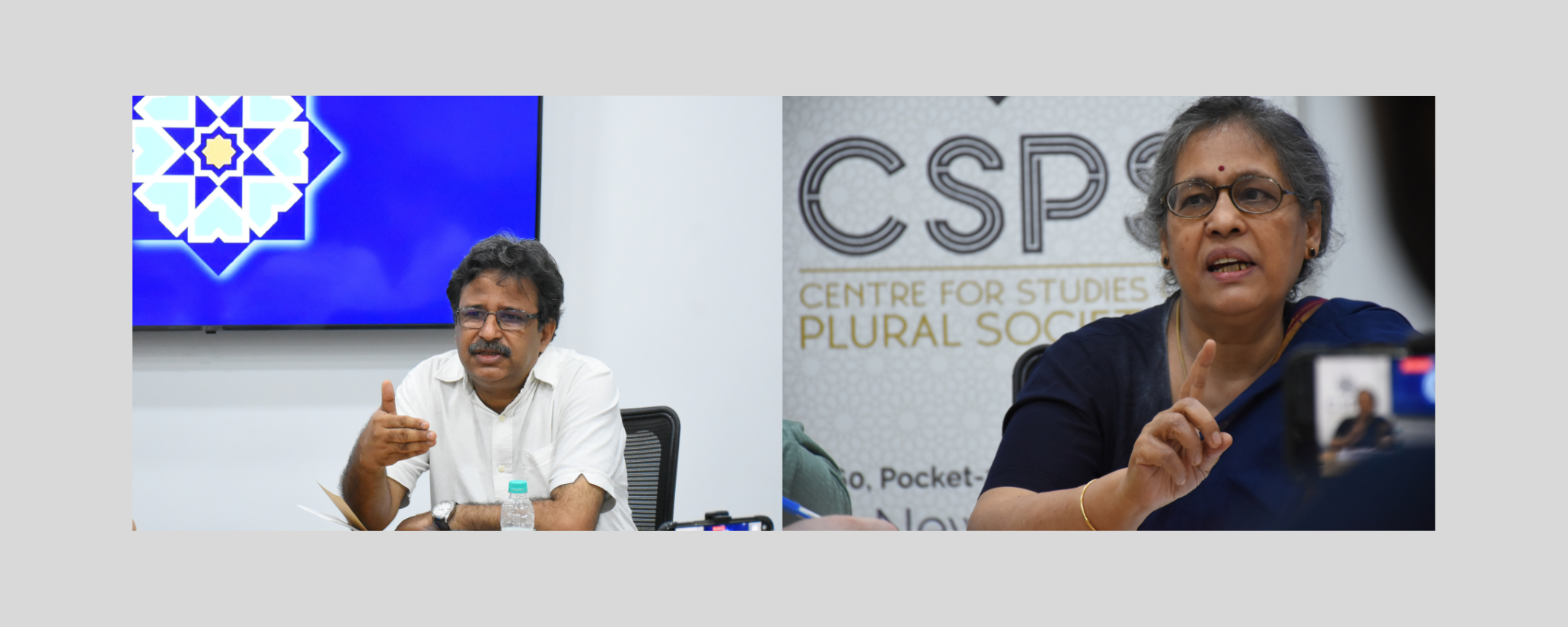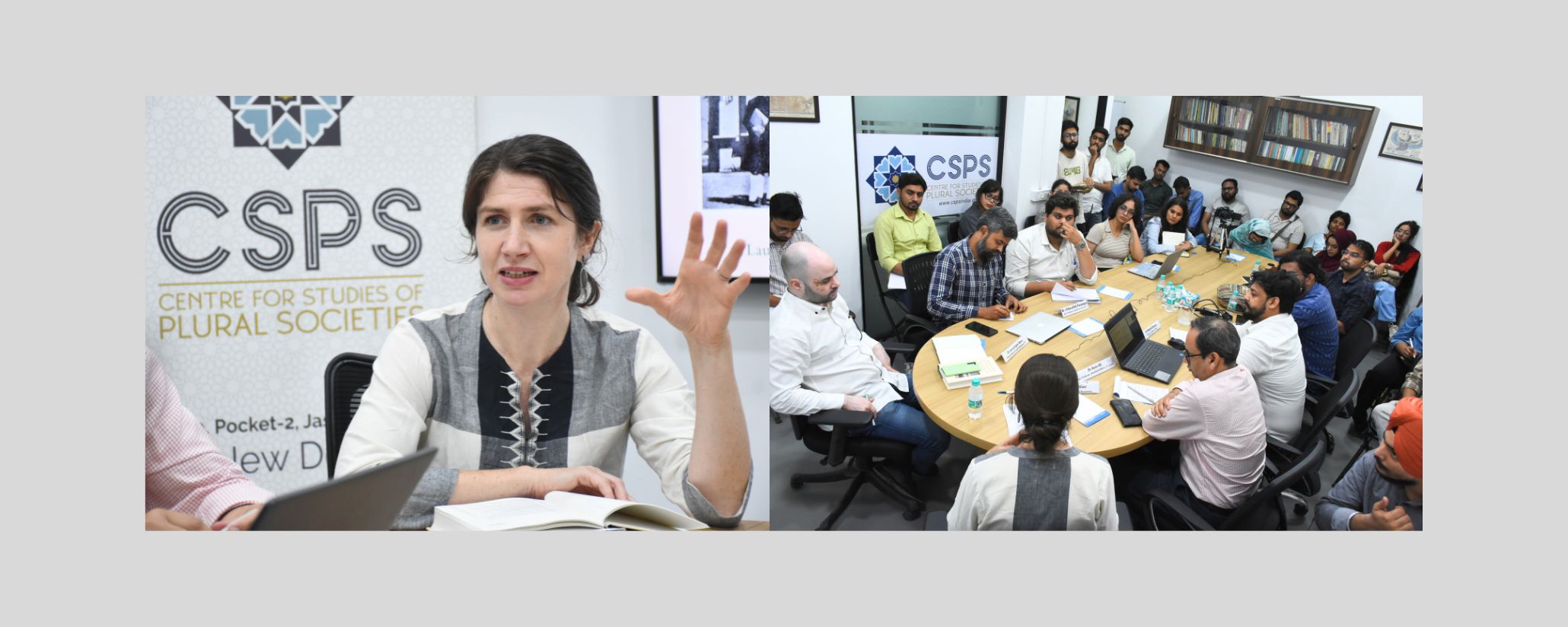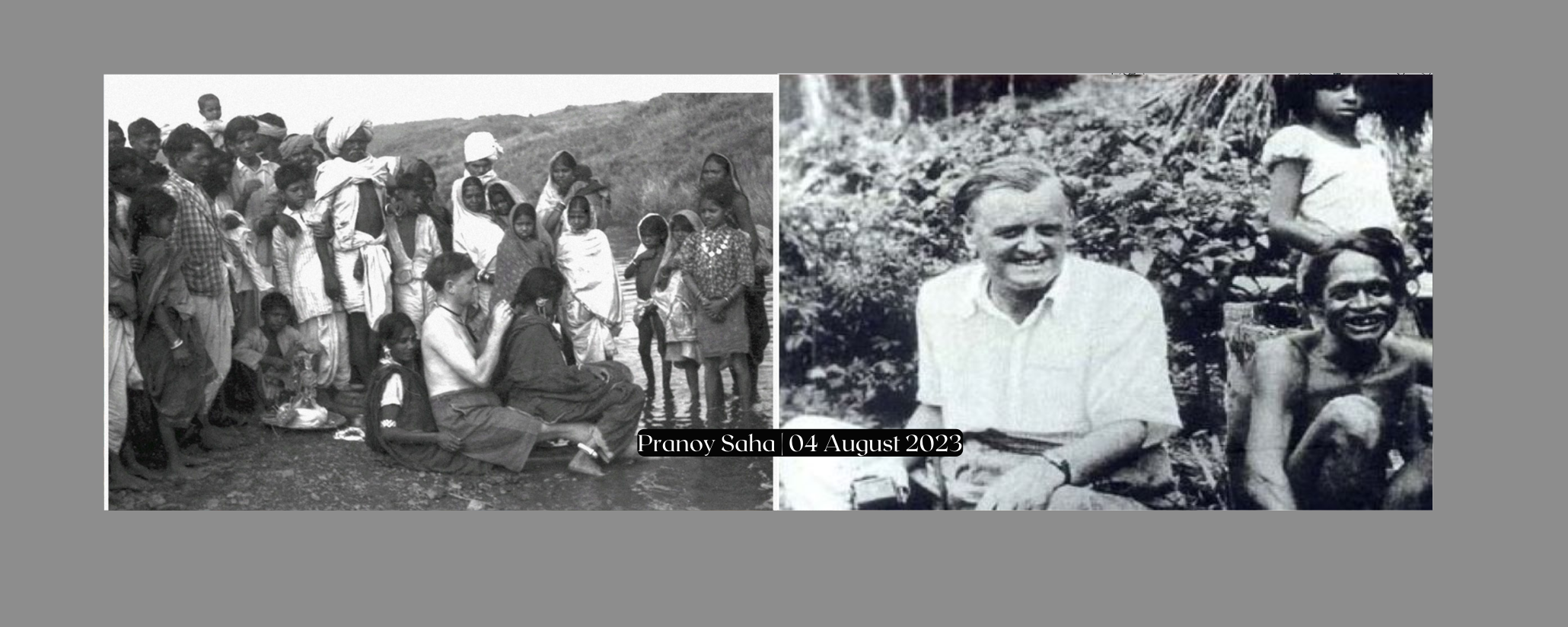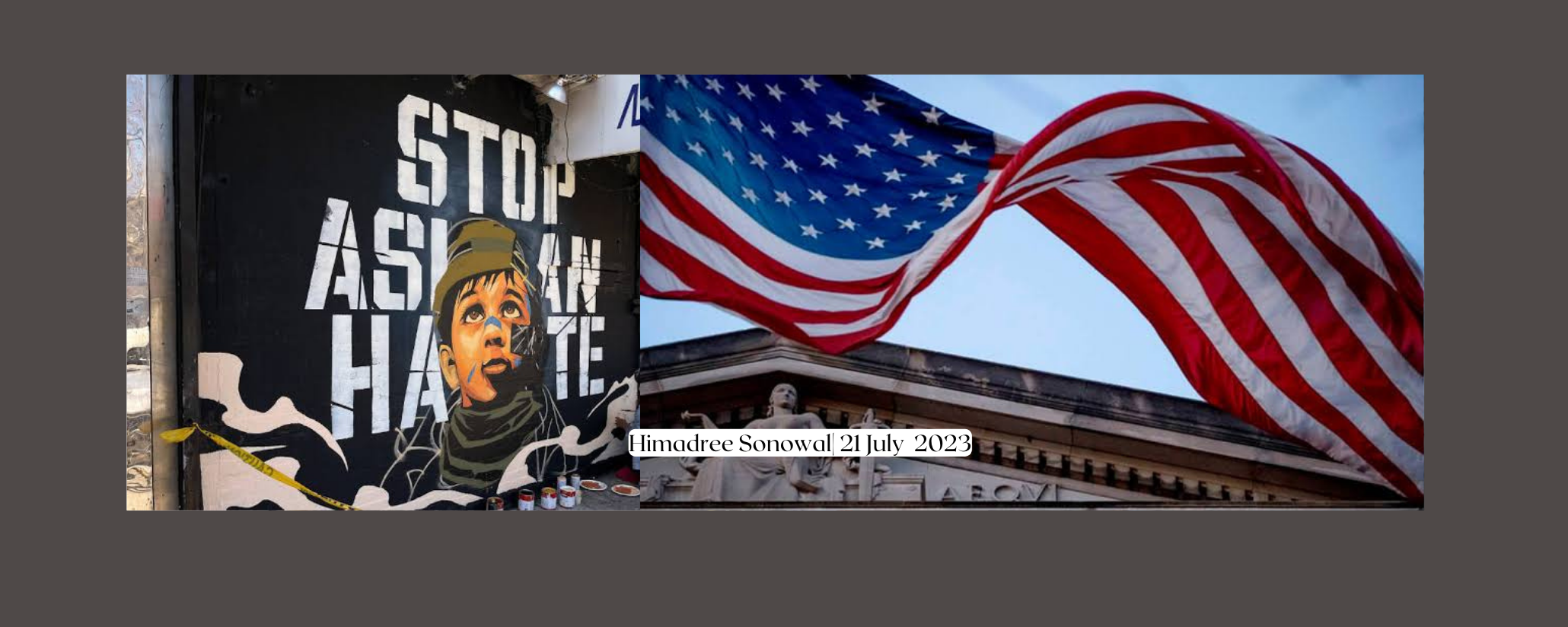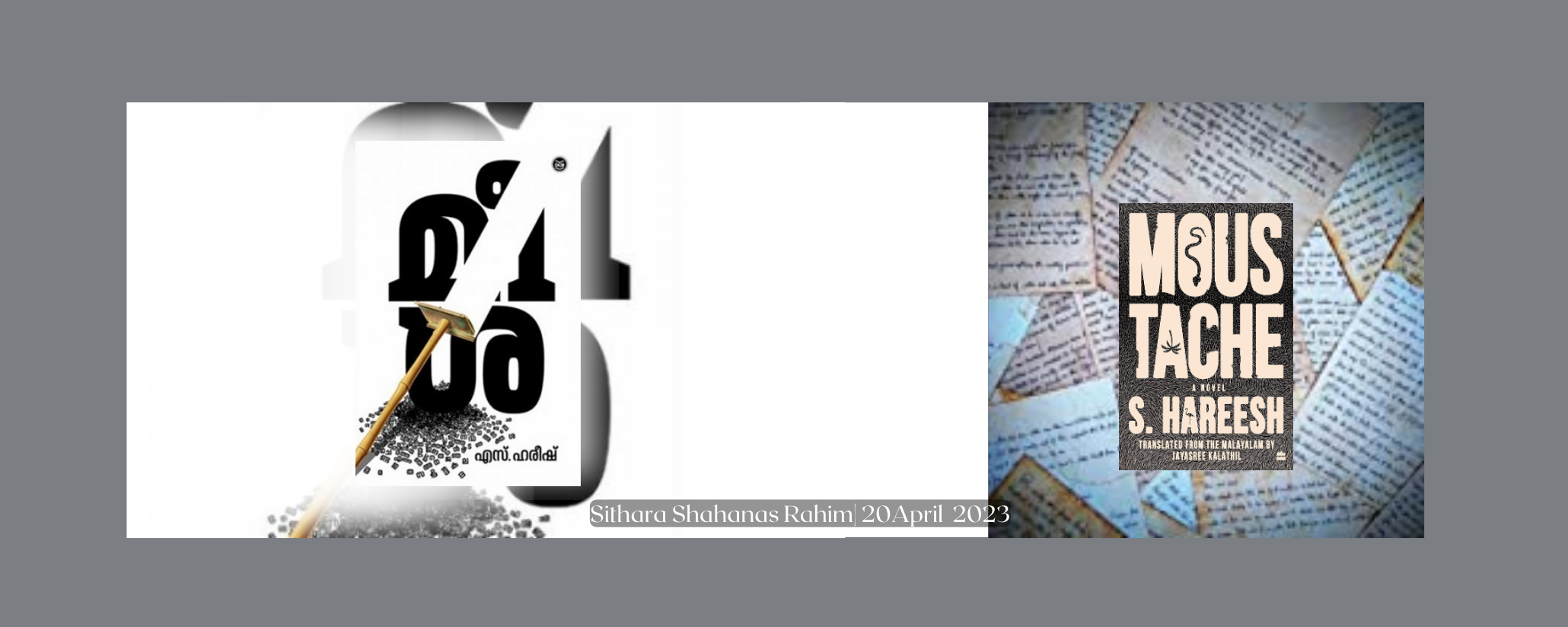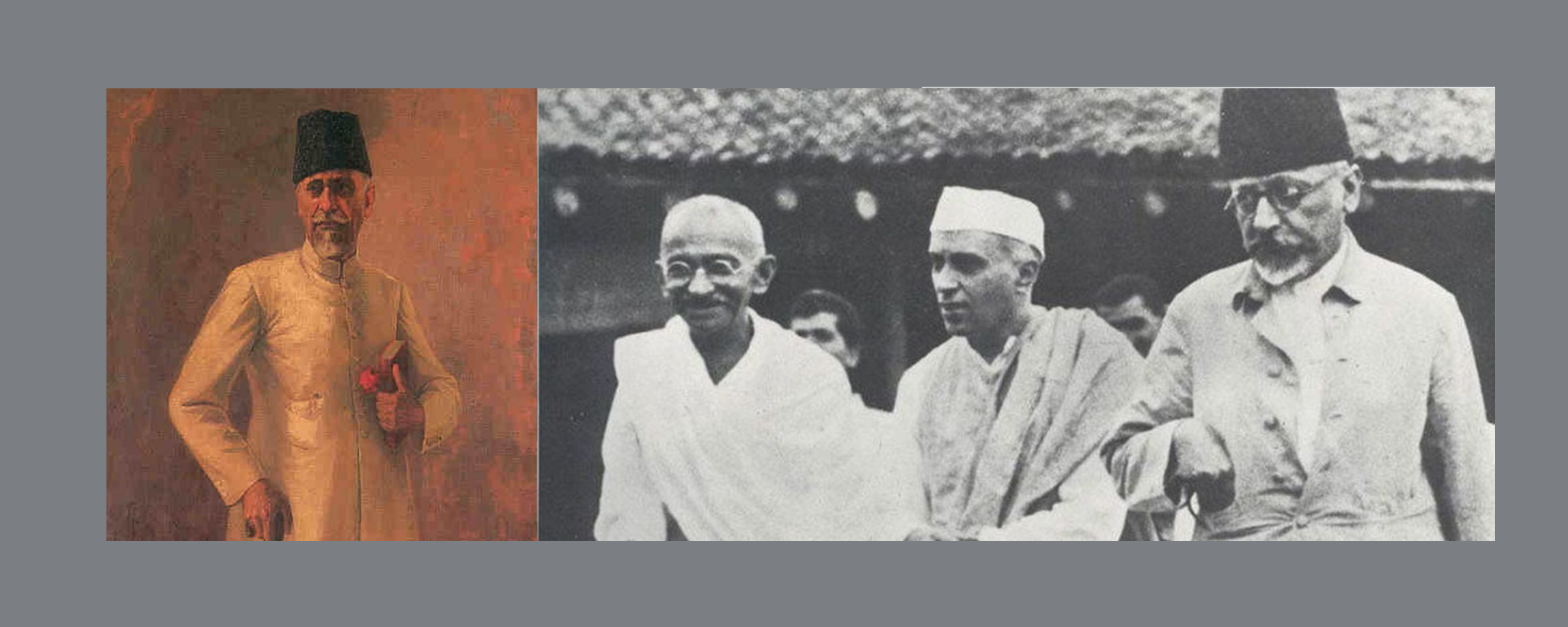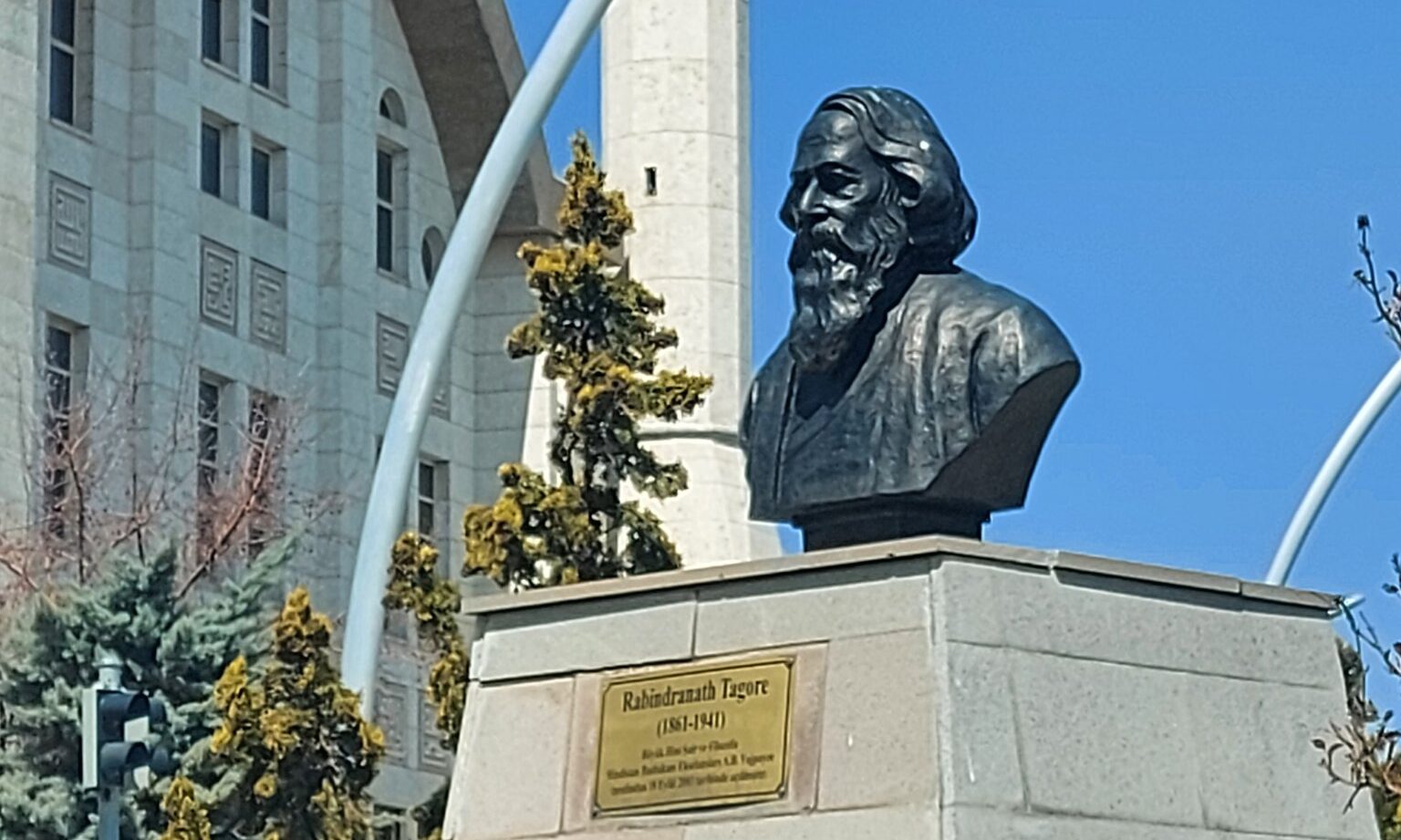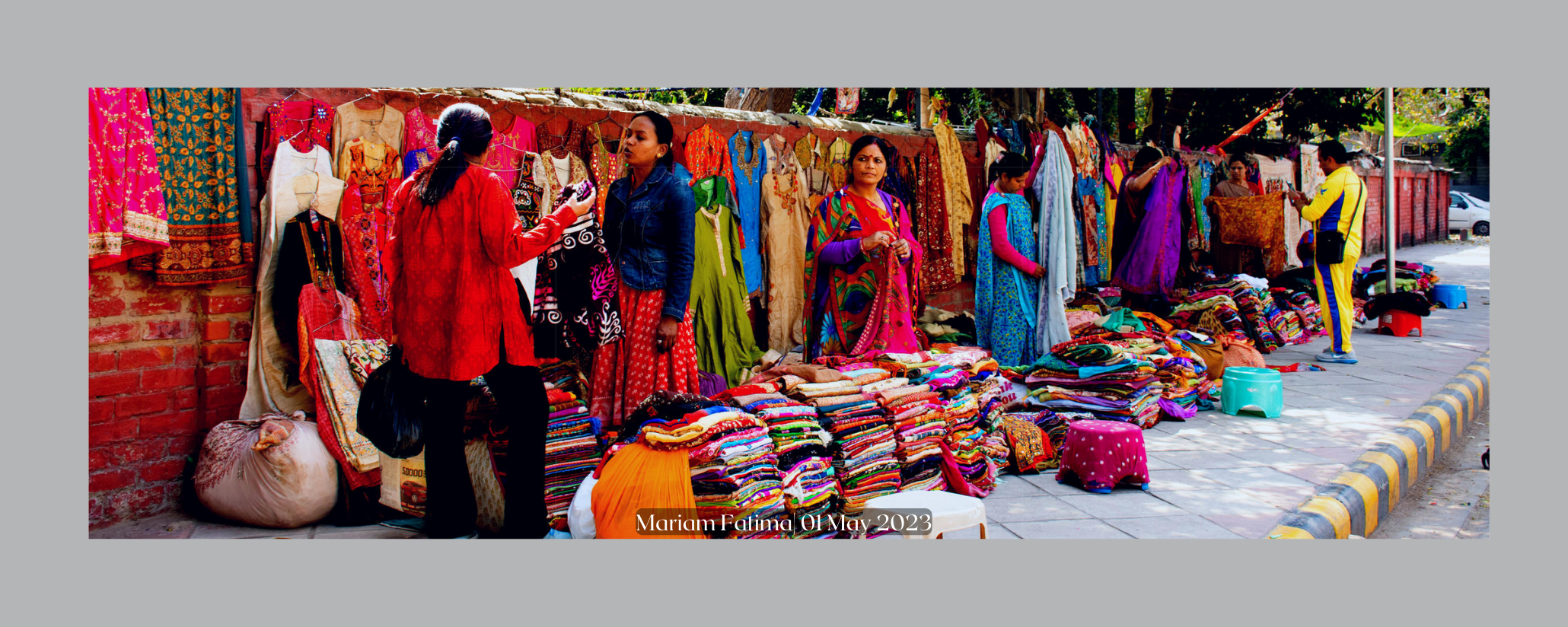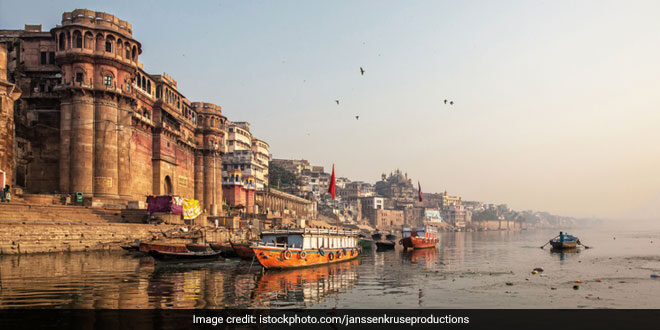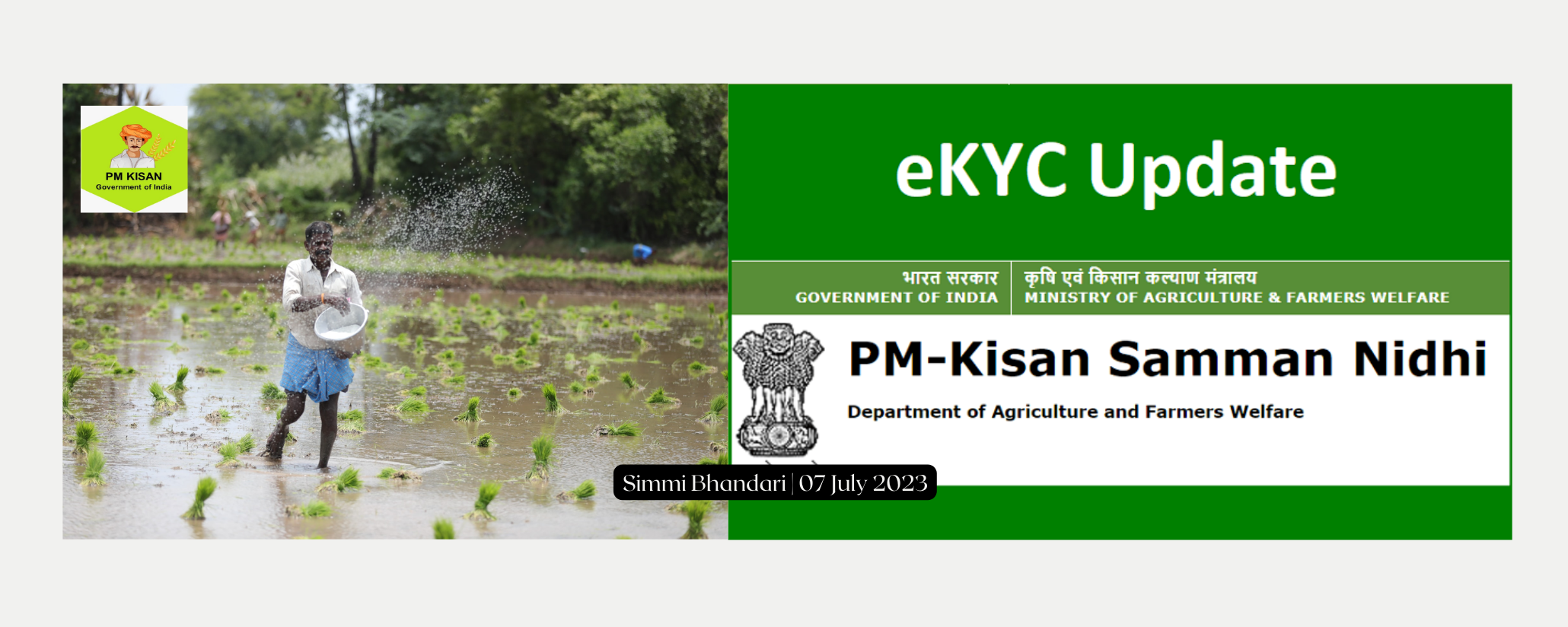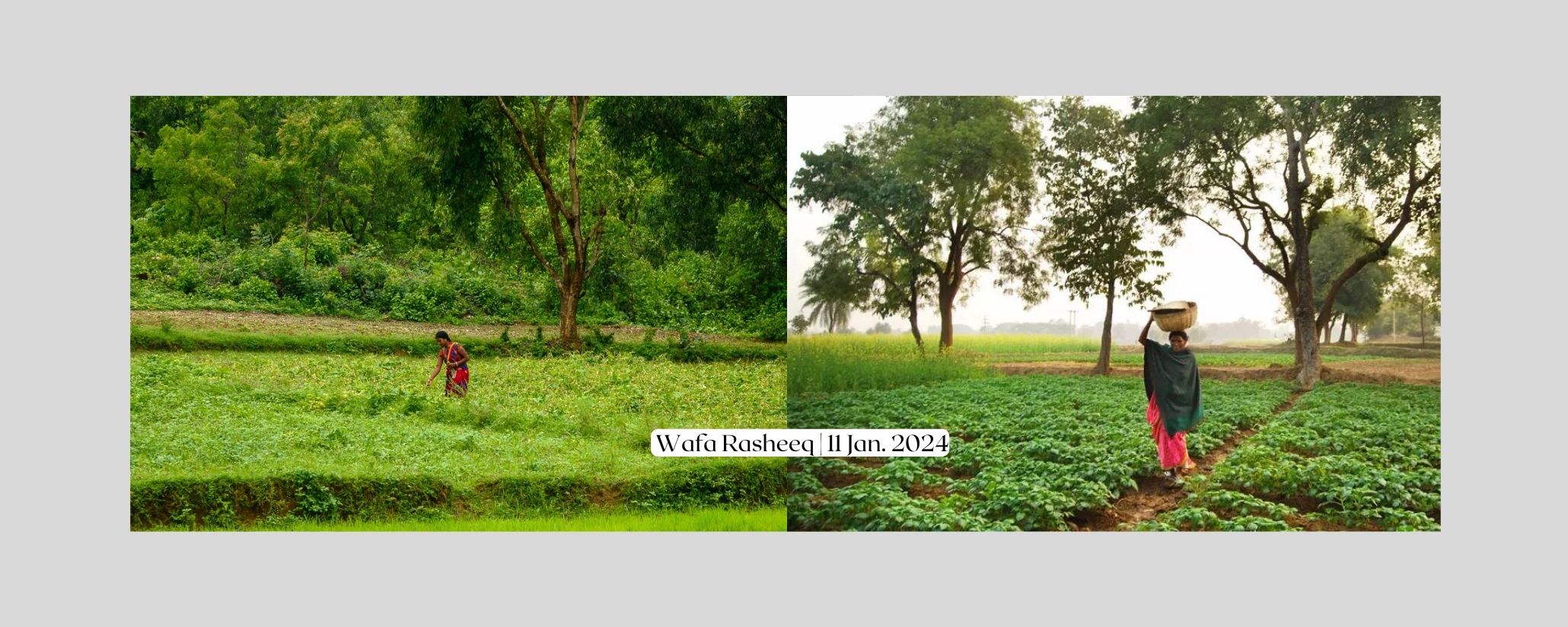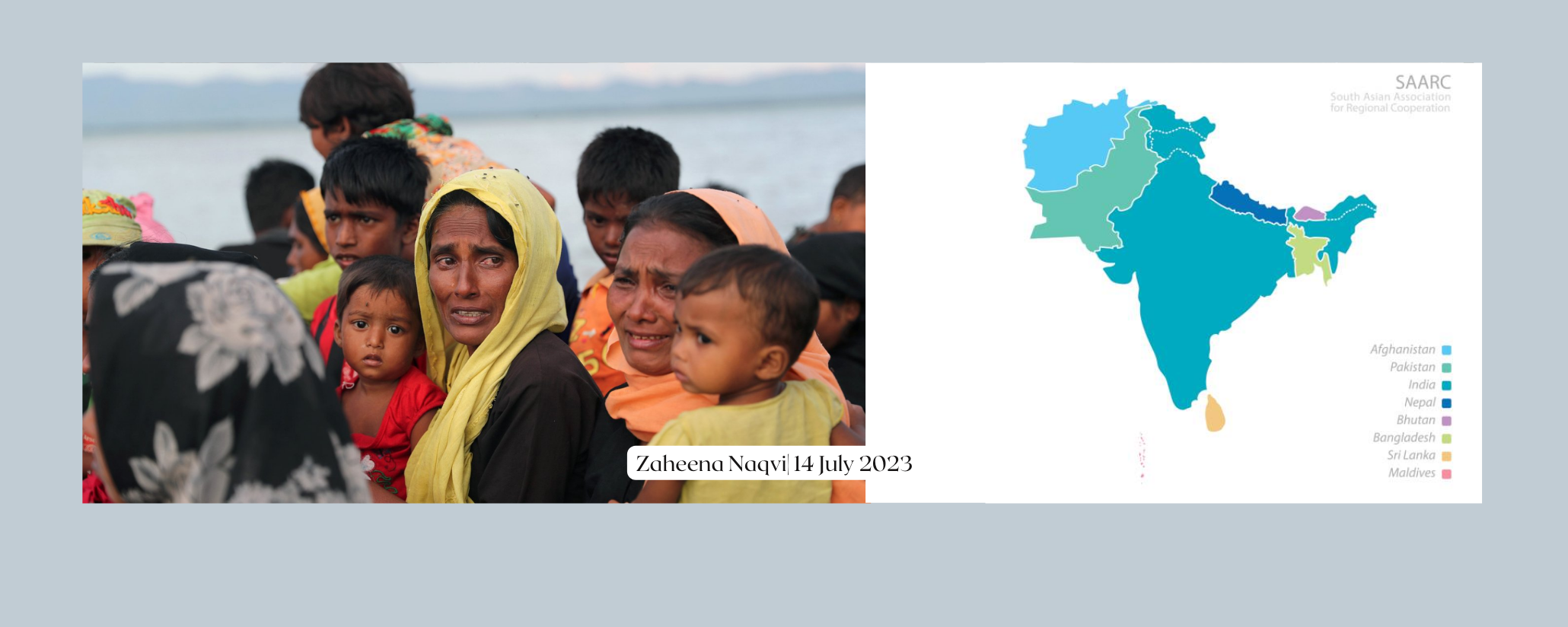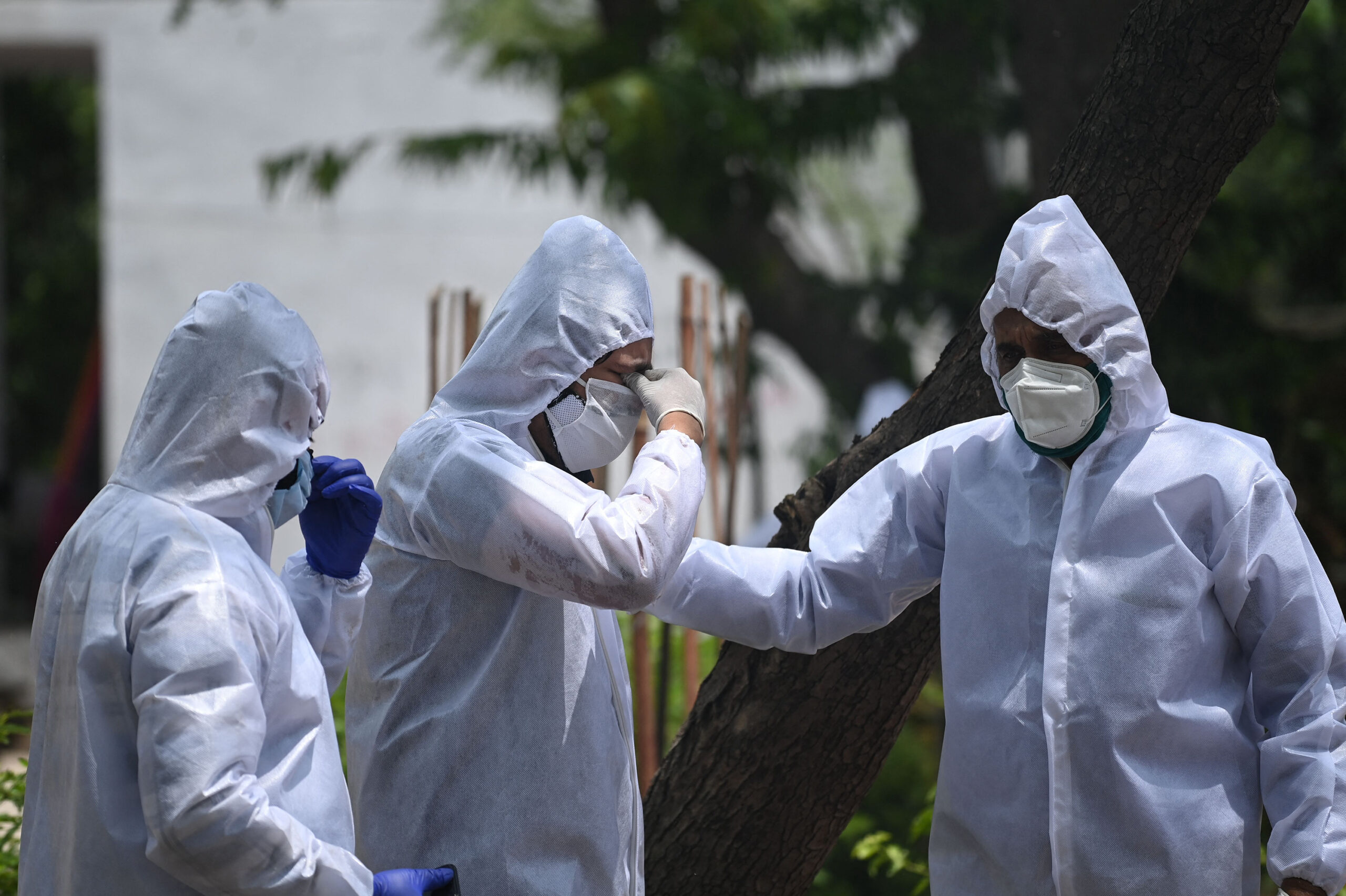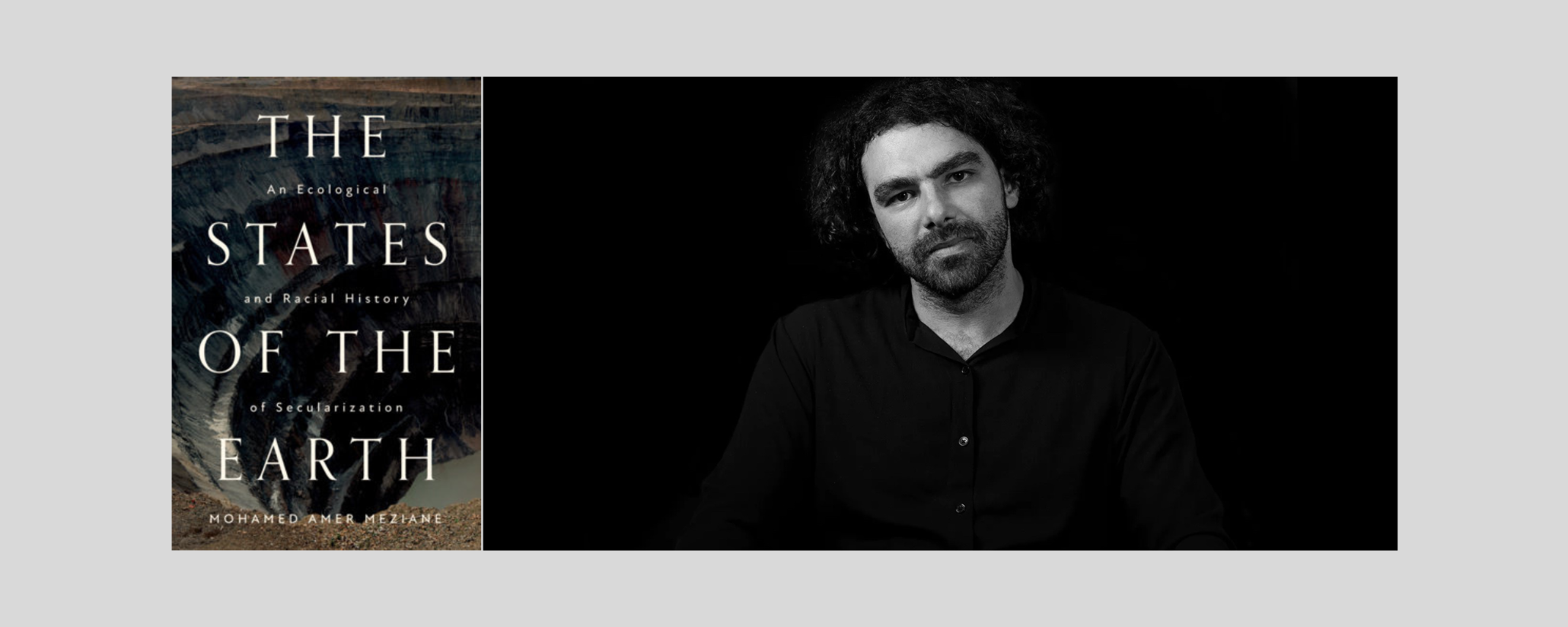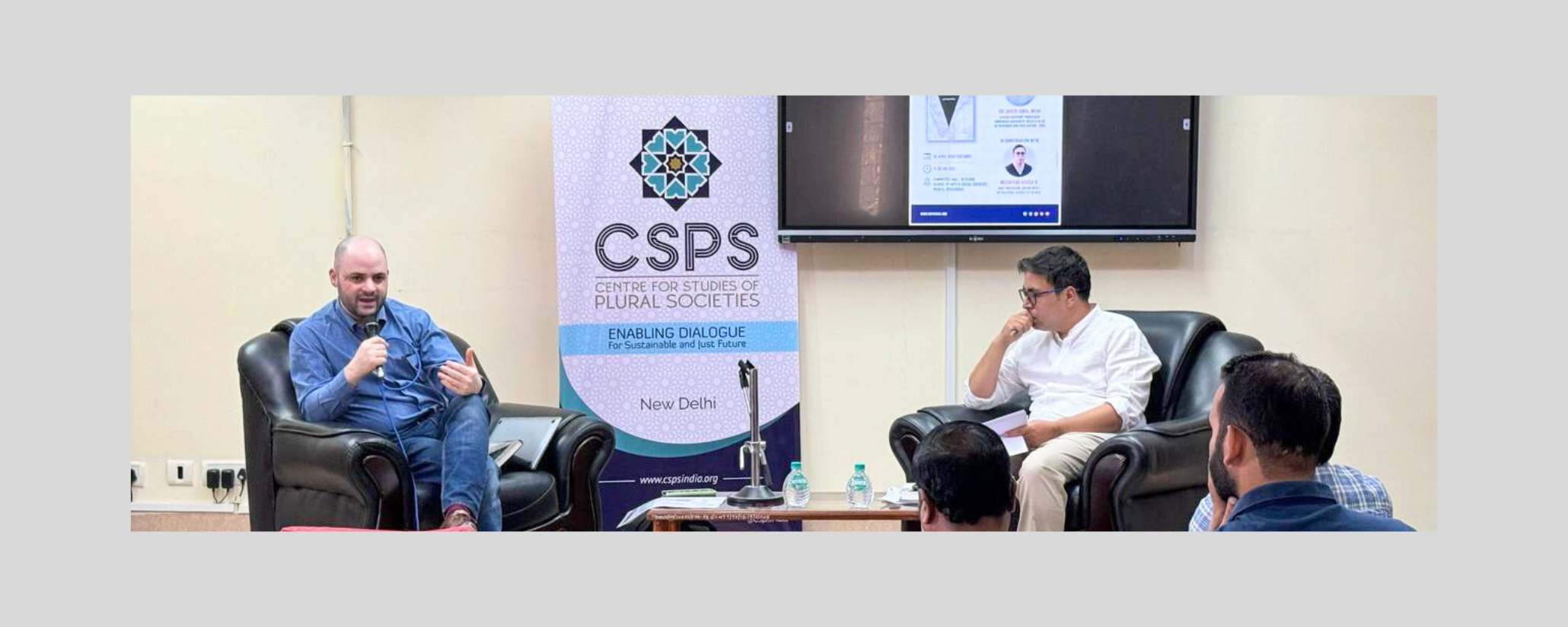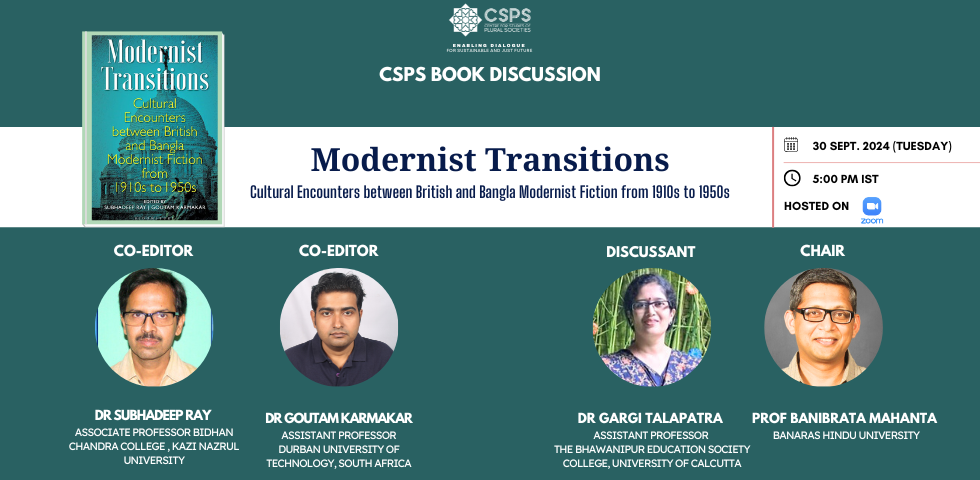Research
The Nexus of Anthropology, Religion, and Politics: Verrier Elwin, Hindu Nationalism, and the Anti-Christian Sentiment in Central India
In the last decade, attacks on Christians have increased exponentially across India and more so in Central India. In December 2022, a fact-finding committee visited Chhattisgarh upon reports of violence, they noted that between 9th and 18th December, 18 villages in Narayanpur and 15 villages in Kondagaon were attacked, which displaced around 1000 Christian Adivasis. They also traced the systematic disenfranchisement and cultural subjugation of Adivasi converts in the area. (Chattisgarh Bacaho Andolan, 2022). The organisations linked to the Sangh Parivar that carry out these attacks gain certain legitimacy through the proliferation of the discourse of ‘de-nationalisation’. (Jaffrelot, 2011). This discourse considers Christianity and Islam to be foreign religions which have been spread either by the fear of force or incitement of greed. To shed light on the history of the proliferation of this discourse, specifically in Central India, this article will investigate the role that anthropologist Verrier Elwin, nationalists, and Hindu revivalists played in solidifying this discourse. To do so, this article will reflect upon the socio-political conditions, the debates in anthropology, and how they were complimenting each other during the decades leading to and following Indian independence.
Asian American Hate Crimes and the Failure of the Criminal Justice System
Environmental Jurisprudence in India: Tracing the Trajectory
This piece explores the trajectory of how law and courts have looked at the problem of environmental protection or lack thereof vis-à-vis its relation to the questions of tribal rights and displacement, conservation and livelihood, Forest Rights Act (FRA), Forest Conservation Act (FCA), Compensatory Afforestation Fund Management and Planning Authority (CAMPA), Environmental Impact Assessment (EIA), and the issue of post-facto clearance. There also emerges the central question of why environmental jurisprudence in India still remains an inconsistent and selective one? But the question also arises of fixing responsibilities and giving penalties for the violations of environmental norms, especially in the time of financialisation of forests and resources, but also of financialisation of punishments and crimes.
The Question of Centre and Periphery in Indian Novel with Special Reference to Meesa (Moustache)
Decentring the Centre-Periphery Concept
The postcolonial theory includes the study of unbalanced power relations, which emphatically produced the binary conception of centre and periphery, where the centre is often regarded as hegemonic and progressive, but by contrast, the periphery is assigned the negative qualities of barbarism, oppression, and exploitation. This unbalanced power hierarchy created geographical, cultural, and economic peripheries by limiting the power to the centre, thus creating a colonised space, or ‘Binarism’, which has a distinctive meaning in post-colonial studies that analyse the oppressive mentality of the coloniser that through imperialistic force, subjugated the native indigenous culture. The French linguist Ferdinand De Saussure used the concept of ‘Binarism’ in Structuralism to establish a Eurocentric perspective of defining a meaning to an object, not in reference to the real object but that of the opposite sign (ironically, assigning the quality of ‘dualism’ or ‘Binarism’ is absent in Asian or Middle Eastern languages, which were mostly colonies of European power, especially Great Britain). This idea of arbitrariness is employed in defining postcolonial countries that were colonised and oppressed with manipulated histories and cultures by the coloniser. This definition is evident in the power construction between the colonised and the coloniser that alienates the native identities and disintegrates them to establish superiority over the colonies by stating a monocentric perspective on language and culture, thus associating European and Anglo-European morals over natives (colonised).
Locating Maulana Kalam Azad at the Intersection of Pan-Islamism and Anti-Colonial Nationalism
Maulana Abul Kalam Azad is one of the most celebrated figures of anti-colonial Indian nationalism. He served as the first education minister of independent India under the Prime Ministership of Jawaharlal Nehru. He is credited for modern educational reform and a champion of composite Indian nationalism. His birth anniversary is celebrated as National Education Day for his contribution to establishing the Modern Education System of India. This paper tries to understand the ideas of Maulana Azad, tracing a journey from pan-Islamism to anti-colonial nationalism. At no point is it suggested that pan-Islamism, in the eyes of Maulana Azad and other ideologues, contradicted anti-colonial Indian nationalism. Still, it is evident from the life trajectory of Maulana Azad that he became a staunch nationalist in the later part of his political career with a little element of pan-Islamism which shaped his worldview in the early years of his life. This paper tries to highlight the compatibility between the pan-Islamist ideas of Maulana Azad and broader ideas of anti-colonial Indian nationalism, with a focus on the role of religion in his socio-political ideas. The paper is divided into two parts. First part briefly discusses pan-Islamism as a religio-political ideology propagated by leaders like Jamaluddin Afghani and its impact on Maulana Azad. The second part discussed some critical highlights of Maulana Azad’s contribution to the struggle for Indian independence, which would have emphasis on his role as Congress President and trial under sedition.
Rabindranath Tagore: Common ground for India and Turkey
Air Quality Monitoring Measures in India
A detailed analysis of India’s air quality monitoring systems reveals significant differences in the deployment of Continuous Ambient Air Quality Monitoring Systems (CAAQMS) and National Ambient Air Quality Monitoring Programme (NAMP) stations across various states and Union Territories (UTs). This distribution mirrors the strategic focus and allocation of resources for environmental monitoring, which is vital in tackling the complex issues related to air pollution. Notably, states like Maharashtra, Tamil Nadu, and Uttar Pradesh have a higher concentration of CAAQMS. This indicates a deliberate effort to boost real-time air quality monitoring in regions with dense populations and industrial activities. The real-time data provided by these systems in these states is crucial for prompt and effective policy measures to address sudden changes in air quality, thus mitigating the immediate health hazards of air pollution.
The Stoic Resilience of India’s Street Hawkers
In urban areas, women labouring in the informal sector face various challenges resulting from the precariousness of their existence. This article aims to highlight some of their issues by using three examples. These examples comprise of an older woman who operates a makeshift dhaba, a young woman who sets up a stall for her ironing business in a parking lot, and a single mother who runs a thela in a local market. Despite working tirelessly to keep their businesses afloat, as the article will show, these women confront various challenges on the streets. This article explores some dimensions of gendered precarity in urban areas, particularly the one that affects women working in the informal sector. It also explores the issues of gender, marginality, struggle, encroachment, criminality, policies, and the influence of social organisations on women street hawkers in Delhi. It will use the abovementioned examples as they offer diverse informal work assignments. Examining their struggle brings a deeper understanding of their issues and explores potential solutions to support them.
Of Hits and Misses of Inflation Targeting in India
Since the early 1990s, rule-based public policies have gained considerable popularity. In the area of monetary policy, Inflation Targeting (IT) emerged as a new framework which has often been praised and favoured for making price stability a primary objective of monetary policy. Following suit, India also adopted this framework in October 2016 after long preparations on the prerequisite of IT. Under this framework, the Union Government, in consultation with the Reserve Bank of India (RBI), initially fixed the inflation target at per cent for five years. In March 2021, it was retained for the next five years. But, the question remains, does RBI control the current price surge? Though having a single instrument for a single objective is good, what if the instrument is not optimal? To put it in context, it will result in a situation where the medicine turns worse than a disease.
Ganga’s Revival: A Distant Dream without Reimagining Policy
Ganga is one of the most significant rivers in India. The river has appeared in almost all election campaigns, particularly in the cow belt region. In 2017, when the BJP was campaigning for the Uttar Pradesh elections, its slogan was “Gaon, Gau, Ganga and Gita.” Unfortunately, with Ganga still overloaded with pollutants, all the extensive talks regarding Ganga’s conservation seem like prattle.
Determining Moral Worth and Self-identity in the Age of social media: A Critical Perspective
Social Media is seen by many as one, a source of liberation and two, a tool that dictates certain behavioural traits. It also gives some semblance of ‘recognition’ which is elaborated by Hegelian Marxists like Charles Taylor and Axel Honneth. Honneth’s recognition framework provides a useful lens for examining the dynamics of determining moral worth and self-identity in the age of social media. This framework emphasises the role of ‘mutuality and reciprocity’ which makes self-realisation inescapably linked to others. These sites facilitate ‘intersubjective recognition’ providing a democratised space to build on one’s ‘self-esteem.’ This article will analyse how Honneth’s framework of ‘recognition’ helps one explore the influence of these social media platforms in the construction of moral worth and self-identity. Even though these platforms could be the cause of moral injury because of hate comments, hate speech, body shaming, and bullying all of which ‘add insult to injury’there is a great affinity towards being a part of the platforms. Social interaction on these platforms does not always adhere to ‘desirable features’ from the ‘moral point of view’.
Addressing Challenges in Digitising Government Schemes: A Case Study of PM-Kisan App.
The Return of the High Teas and Corset Tops: An Analysis of Bridgerton through the Lens of Adorno’s Culture Industry
Television shows and movies due to their accessibility through over-the-top (OTT) platforms have resulted in the production of a homogenised mass culture wherein shows (specifically Bridgerton in this case) based on the Victorian Era (specifically portrayal of high culture in the era) have brought in a new fetish for clothing and practices of the late nineteenth century. These practices and choices are then exploited by capitalists to produce marketable products based on the demand of the consumers for ‘mass consumption[1]’ and thus facilitating the ‘culture industry.’[2]
The Discourse Around the Emergence of Political Meme Culture in India
Digital culture and the development of digital platforms took new audience by storm. With the advent of social media, a new approach and diaspora of culture emerged and is continuing to do so. ‘Content’ was earlier created for consumption by the audience but with the rise of digital culture, consumers started participating in the creation of content. This was the birth of participatory digital culture- a new approach to content production where the audience was actively involved and tangled in content creation. In participatory culture, the user can be a producer, influencer and consumer of information (Han, 2011).
Indigeneity and Environmental Security: A Gendered Analysis
Indigenous women, despite being pivotal to the sustainability and resilience of their communities, frequently find themselves marginalized and obscured in mainstream discussions on environmental issues. Their unique experiences, intricately woven into the fabric of their cultural and environmental contexts, often go unnoticed. By highlighting the unique experiences of indigenous women and acknowledging their pivotal role in shaping the narrative of indigeneity, environment, and security, this essay aims to recognize the intricate relationship between these characteristics. It delves into specific examples drawn from diverse geographical regions and unique socio-political environment of the Global South to encapsulate a significant set of challenges faced by indigenous women, offering insights into the diverse ways in which they navigate and respond to environmental transformations.
Racialised Desire and Hyper Sexualisation of Asian American Women
The Portrayal of Asian Americans in media and popular culture shows discernible differences in how Asin bodies manifest sexual characteristics, either in excessive or deficient quantities. The portrayal of Asian women’s physical forms, particularly in visual mediums like film, often exhibits a hyper-sexualised depiction that underscores their vulnerability to white masculinity and portrays them as either devoid of sexual agency or primarily associated with militaristic endeavours. Asian American women have historically been typecast into several stereotypical roles, including China Doll, Geisha Girl, and Dragon Lady.
Stateless Women in South Asia: A Minority within Minority
A Pandemic of Failures
Seminar Report
Book Discussion | Practices of the State: Muslims, Law and Violence in India
Centre for Studies of Plural Societies (CSPS) organised a book discussion on "Practices of the...
Book Discussion | Between Nation and ‘Community’: Muslim Universities and Indian Politics after Partition
The Centre for Studies of Plural Studies (CSPS) hosted a book discussion on "Between Nation...
Book Discussion | The States of the Earth: An Ecological and Racial History of Secularization
Centre for Studies of Plural Societies (CSPS) organised a book discussion on "The States of...
Book Discussion | “Sovereign Anxiety: Public Order and the Politics of Control in India, 1915-1955”
The Department of Political Science, Maulana Azad National Urdu University (MANUU), in...
Videos
CSPS Webinar | The Cunning of Gender Violence | Keynote Speaker Prof Lila Abu-Lughod
The Nuts and Bolts of Writing a Research Proposal by Dr Madhan Mohan
The Centre for Studies of Plural Societies (CSPS) organised Academic Writing Workshop on a Research Proposal titled “The Nuts and Bolts of Writing a Research Proposal” by Dr Madhan Mohan on 27th September 2022.
Muslims in European Citizenry: Distinguished Lecture by Prof. Sindre Bangstad
Centre for Studies of Plural Societies organised an online ‘Distinguished Lecture’ on Muslims in European Citizenry on 10th Oct 2022. The lecture was delivered by Prof. Sindre Banstad, Visiting Professor at Princeton University, New Jersey, US and chaired by Prof. Bhaswati Sarkar, Centre for European Studies, School of International Studies, Jawaharlal Nehru University, New Delhi.
Academic Writing Workshop by Dr Kiran Keshavamurthy
The Centre for Studies of Plural Societies organised Academic Writing Workshop on 27th September 2022.
CSPS Research Colloquium: Communalism, Labour and Law in the Late Colonial Bombay by Dr Javed Wani
Centre for Studies of Plural Societies organised Research Colloquium on 15 September. Dr Javed Iqbal Wani presented a paper on Communalism, Labour and Law in Late Colonial Bombay.
Book Discussion: Ideology and Organization in Indian Politics by Prof. Zoya Hasan
Centre for Studies of Plural Societies organised a book discussion on Ideology and Organization in Indian Politics: Growing Polarization and the Decline of the Congress Party (2009-19) on 26th August 2022 at 4.00 PM (IST), authored by Prof. Zoya Hasan.
